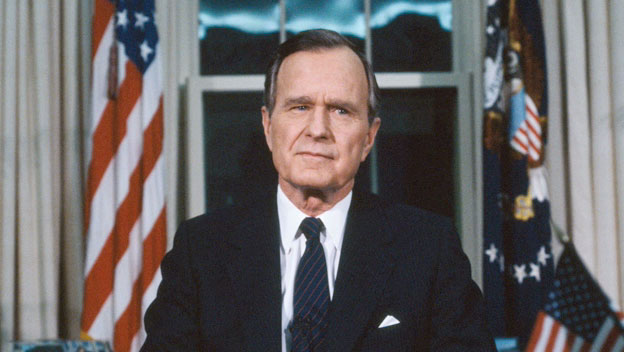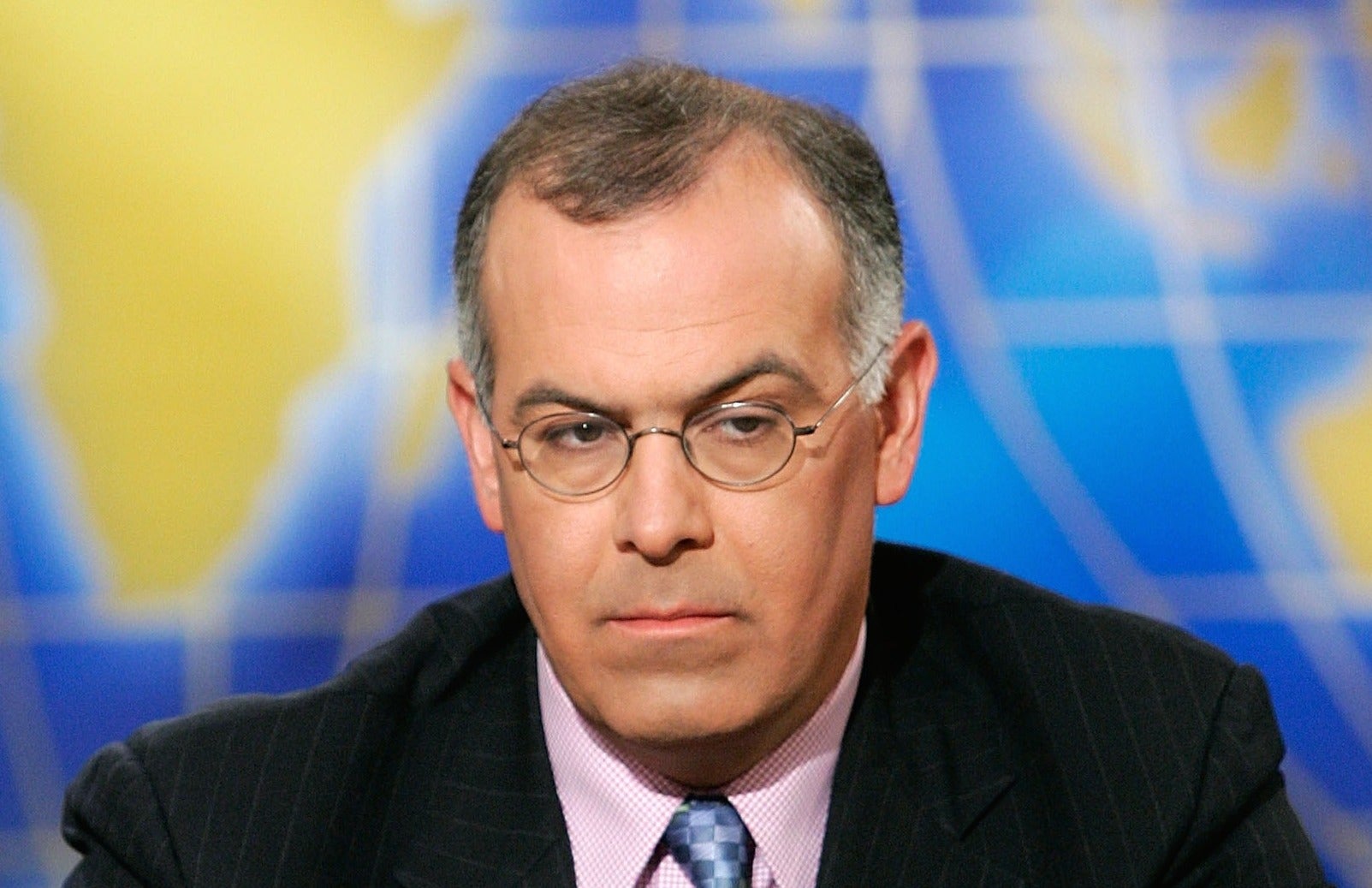 It’s done and off to the printer: my next book!
It’s done and off to the printer: my next book!
In the same format as “Snowden,” my graphic biography of Bernie Sanders hits stores January 12, 2016. You can pre-order via your local independent bookstore, Amazon, or buy signed copies through me — a perfect belated holiday gift for the post-New Year’s January doldrums!

 The curtain is about to fall on George Herbert Walker Bush, known colloquially as Bush 41, or simply 41. The patriarch is, if not exactly dying,
The curtain is about to fall on George Herbert Walker Bush, known colloquially as Bush 41, or simply 41. The patriarch is, if not exactly dying,  When it comes to politics, Americans are idiots.
When it comes to politics, Americans are idiots.

 Stipulated: David Brooks isn’t that smart.
Stipulated: David Brooks isn’t that smart.